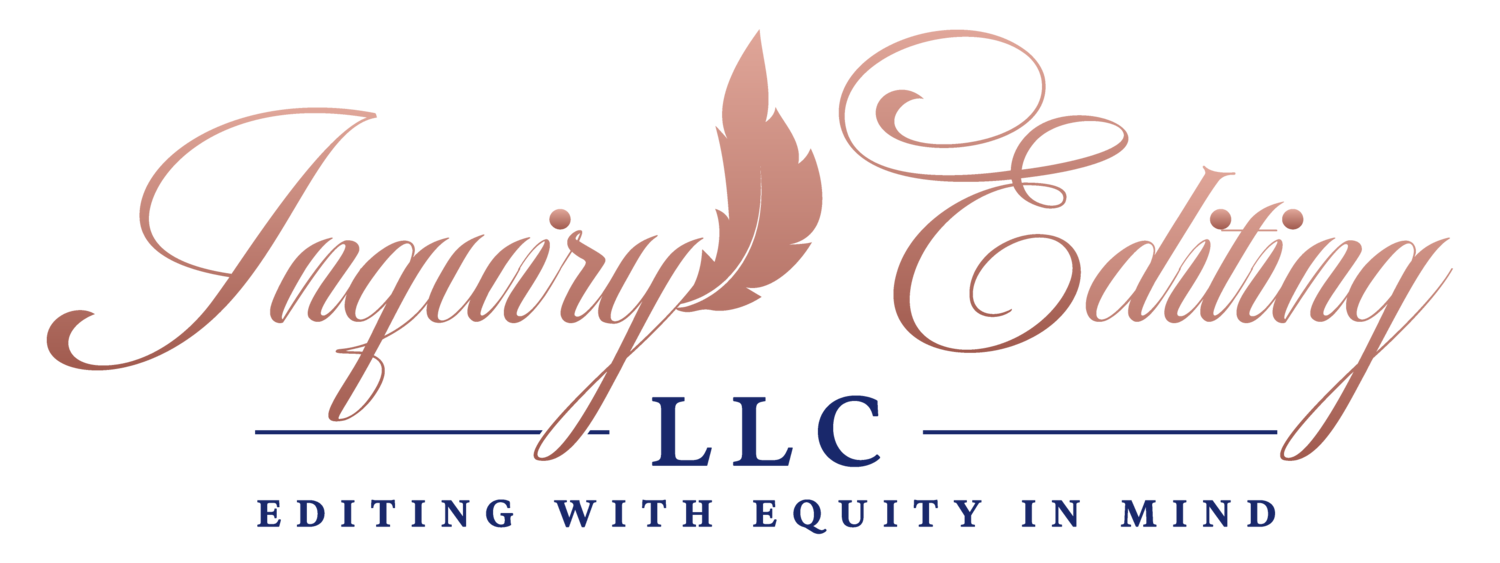Drawn and Quartered
In speaking with writers who have their foot in the academic calendar (for whatever reason), and – quite frankly – being a writer who has her foot in the academic calendar, I feel a very real frustration with how my writing schedule is dictated by meetings, marking papers, experiments (pedagogical and otherwise), petty drama, and the dreaded grid of available class times. I am feeling this particularly keenly with my 7:30 pm class this term.
I just want to take a moment to acknowledge that frustration is very real. Depending on the day, it can feel incredibly urgent because it suggests that the academic calendar runs your life. To which I respond, paraphrasing Megan THEE Stallion “it don’t run me. I run it.”
Here’s how.
You all may already know that I create a strategic plan that lays out my goals and the steps to achieve them. For those of you who are unfamiliar, I follow the National Center for Faculty Development and Diversity’s steps for creating a strategic plan. List your goals, set due dates, and work backwards from that date to determine which milestones will be accomplished and when. I have used strategic plans since 2010. None of them have ever gone perfectly, but I can attest that even during the roughest times (I’m looking at you 2018!) I fulfilled my own goals, even if I modified them along the way.
Here's the trick though. I do not plan based on the academic calendar anymore. It isn’t “fall, winter/spring, summer.” It is Quarter 1 (January – March), Quarter 2 (April – June), Quarter 3 (July – September), and Quarter 4 (October – December). Entrepreneurs already plan this way because this corresponds to the financial quarters needed for tax purposes. I do this to remind myself that I am the CEO of my own life. I run it!
There are several advantages to planning in quarters. First – and this can’t be overstated – it can free you from the academic calendar. Many of us are enmeshed in semesters and our sense of time can be narrowed to think only about the nature of the semester. When I switched over to quarters, I was able to think of weeks with a lot of marking/grading as simply that, rather than dreaded midterms. For people who are already on the quarter system (ahem, University of California, Dartmouth, Northwestern, U Chicago, U Denver), quarters may not be too different from your academic term. So, turning to 16-week intervals may be useful for you. The trick is to clarify that your time belongs to you.
Second, changing your calendar allows you to set goals that correspond with the seasons of your life. For example, I experience the effects of Seasonal Affective Disorder because of the Maine winters. That means my first and fourth quarter are always more slow in terms of writing, because I’m trying to invest in self-care. My second and third quarters feel more buoyant. If I can, I move my reading to quarters 1 and 4 and my writing to quarters 2 and 3. The rationale is this: I draw energy from reading and contemplating and writing allows me to expend energy when I have it.
Third, I get to reflect on my own terms. When my reflections are governed by the semester, they take the form the semester takes. At the end of a rough class, my feelings of relief or exhaustion transfer to my writing. Now that I work in quarters, my reflections in March are more accurate to how my writing is actually going. I can examine my own data more accurately.
Laila Lalami’s The Moor’s Account has a scene where the Muslim protagonist talks about time with one of the Catholic colonizers in the new world. They are thinking through how their sense of time has shifted (or not) in the new world. The Muslim character finds his ground in the moon whereas the man wedded to the Julian calendar has lost his bearings. Their meditations on time struck me as particularly important, for neither attempts to convince the other that he is right. They are simply explaining why their respective calendars make sense to them. At the crux of the conversation is the understanding of time as a kind of compass for the self. I kept asking myself how are you orienting yourself toward your writing?
The end of March is close. Might you try a new plan?
